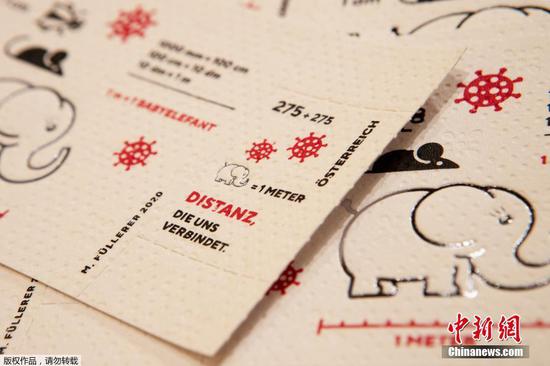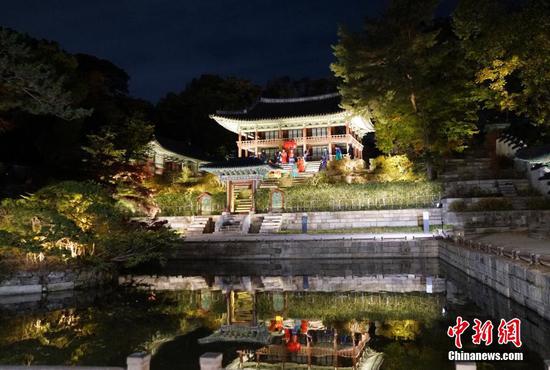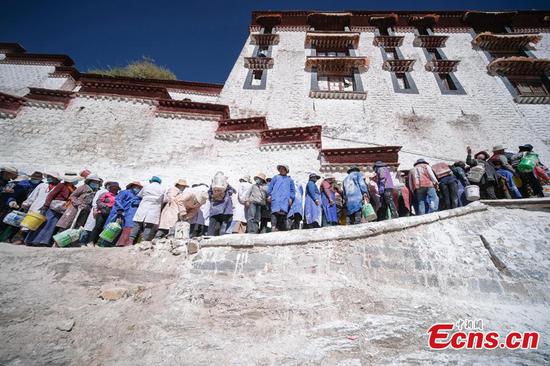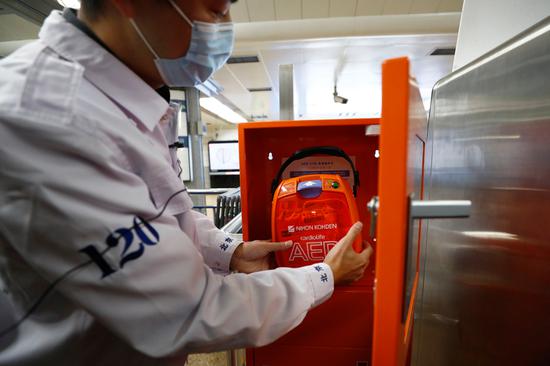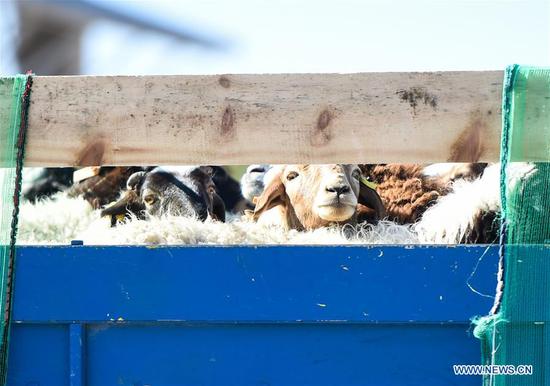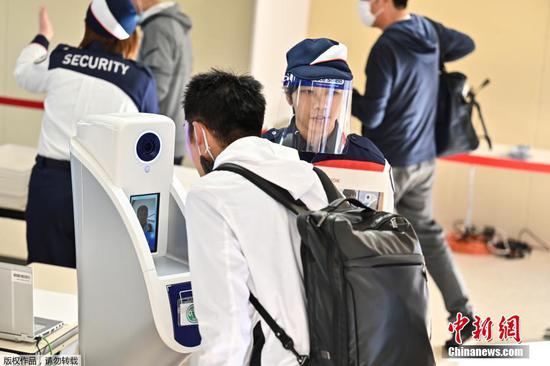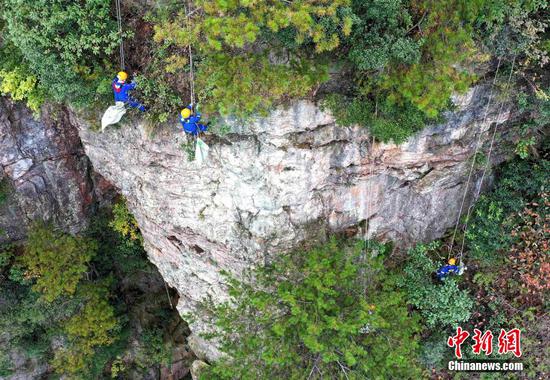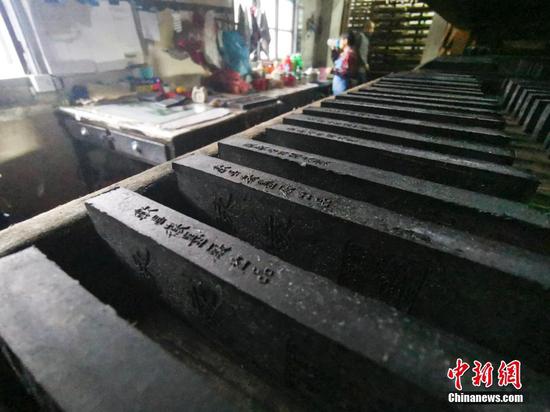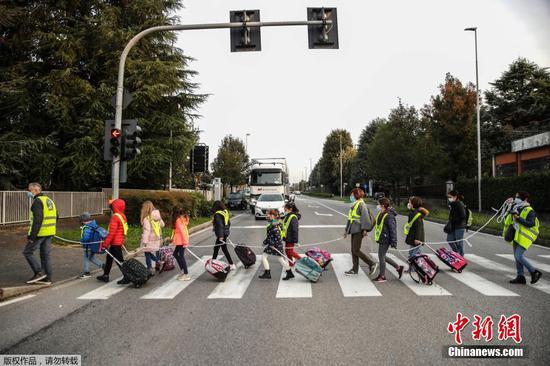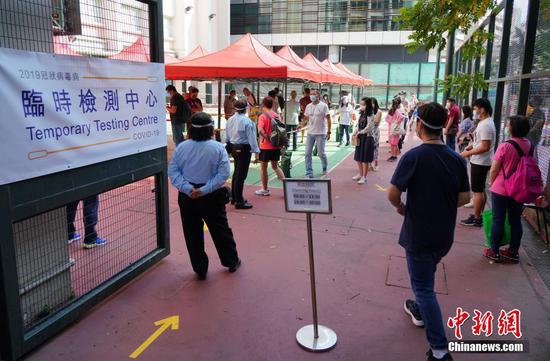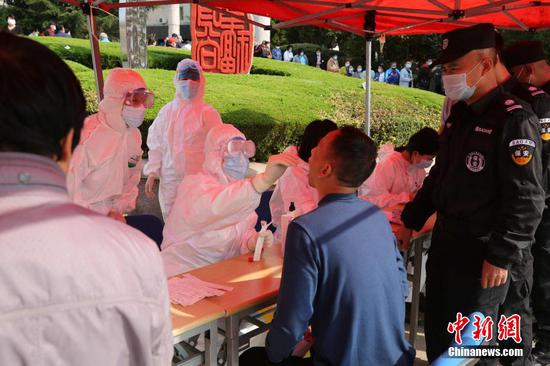Question 3: According to the white paper Vocational Education and Training in Xinjiang, the centers provided courses in standard spoken and written Chinese, understanding of the law, vocational skills and deradicalization. Could any trainee share with us what he or she has learned from those courses? And how have they benefited from the knowledge and skills acquired from the courses?
Answer: My name is Almira Ablat. I live in Wensu county, Aksu prefecture. I am a graduate from a vocational education and training center. I got to know some people with extremist thoughts in 2016. From then on, we often got together, watched and listened to terrorist and extremist videos, and even showed them to other people. Influenced by religious extremist teachings, I no longer sang or danced like I used to do, and daydreamed about "killing kafirs and becoming a jihadist martyr so that I can go to heaven". I became more and more unsocial and eccentric with increasingly extreme behavior, as if I had changed into another person.
Teachers at the center were very conscientious and responsible. They taught us to write and read Chinese one character after another. My Chinese language proficiency improved a lot with their help. Since I was quick in learning, our teacher asked me to be the class commissary in charge of studies to assist him in teaching management. He also encouraged me to help with my classmates' studies. Thanks to my Chinese language proficiency and teaching management experience, I got a job at an education and training institution and signed a labor contract with the employer after graduating from the center. Now I earn about 3,500 yuan per month from the job.
I used to know nothing about the law and I couldn't distinguish whether the things that religious extremists said were right or wrong. At the center, I learned laws and regulations such as the Chinese Constitution, Criminal Law, Marriage Law, Law on the Protection of Women's Rights and Interests, Counter-terrorism Law, and Regulations of the Xinjiang Uygur Autonomous Region on Religious Affairs. Now I know what is legal and what is illegal, and what I can do and cannot do. What the extremists wanted us to do was illegal, and if I hadn't learned the laws and regulations, I might have committed a crime.
We had a colorful life in our spare time. There were also many extracurricular classes, such as calligraphy, literature and art, sports and Chinese chess, which we could choose to attend according to our own interests. I chose the course of literature and art, and gradually I became more outgoing and opened my heart to others. I also learned the skills of hairdressing and beauty services. Now I always get dressed up and then go to work. And my good mood makes my students happy too. My parents are happy about my change, and they said that their happy daughter is back.
I want to tell everyone that it was the vocational education and training center that helped me realize the dream of being a teacher. I felt very proud when children called me teacher. Now I have a stable income and I live with dignity. I am very happy and confident about my future. I will tell the story to my students, directing them onto the right path to a healthy and happy life.
Question 4: According to some foreign media, trainees have no personal freedom, and they are deprived of the rights to religion, culture, and using their own language. Could any trainee share his or her opinion on this?
Answer: My name is Mirzat Talat. I am a graduate from Aksu Vocational Education and Training Center. In my opinion, the center is like a boarding school, and the humanistic management made us feel the warmth of home. The center had never restricted trainees' personal freedom. We could go home at weekends and holidays to get together with our family. In school days, we could also contact our family members by telephone. And we could ask for leave to attend to our personal affairs at any time.
We learned standard spoken and written Chinese at the center and had the freedom to use our own languages. There were books in Uygur language at the center. And the center provided courses on music, dancing and handicrafts. We could sing, dance and watch TV and movies as we like. Some of my classmates who attended singing and dancing activities at the center became skilled performers, and got jobs at travel agencies and artistic troupes. Some of them attended training sessions on traditional Uygur handicrafts like musical instrument manufacturing, ethnic painting, embroidery and woodcarving. After graduation, they set up their own studios or workshops and lived a happy life.
Our freedom of religious belief was fully protected according to the law at the center. Our teacher told us that the center was a school, so religious activities were not allowed there. But at weekends and during holidays, we could decide on our own whether to pray or listen to the Imam explaining Koran at the mosque. No one had ever interfered in this. I want to take this opportunity to tell everyone that, those who said that our rights to religion, culture and using our own languages were deprived are telling a barefaced lie. I sincerely invite friends from all around the world to visit Xinjiang, talk to us and get to know the real situation.
Question 5: According to some foreign media, the vocational education and training centers used vocational training as a cover to force the trainees to work and make products. Could you please let the trainees talk about it? Did such things happen in their training centers?
Answer: I am Tusunisa Ali, and I am a graduate of Hotan County Vocational Education and Training Center. The center had never imposed forced labor on us. All the training courses were for us to acquire vocational ability, so that we could find jobs successfully and live better lives.
The courses included livestock breeding, beauty treatment and hairdressing, computer operation, tailoring, business marketing, costume designing and hotel management. The trainees selected courses according to their interests. I love beauty and wearing pretty clothes. I wanted to dress up myself so I chose the tailoring course, hoping to make pretty clothes for myself and earn money with the tailoring skills to support my family and take better care of my mom.
The tailoring class combined theoretical teaching and hands-on training. Only after we had finished the theoretical studies of straight lines, pressure lines, keyholes, button attaching, knot tying and binding-off did we start the practical operations. At first, I was very clumsy at the hands-on training class. But the teachers patiently taught us by doing, and we practiced repeatedly until we got it. Later, I could make good straight lines, circle lines and square lines, and solve different problems in the sewing process. I heard that some people described our hands-on training as forced labor. It is sheer nonsense. If we only learned about the theories without practical training, we could never learn the tailoring skills or make suitable clothes. Besides, we used off-cuts of clothing to practice, so how could we make finished products? We practiced for our future better lives, so how come it was called forced labor?
After I graduated, I worked at a clothing company with the help of the labor market. I signed a labor contract with the company. With my proficient tailoring skills, now I am the manager of a workshop. I can earn 4,000 yuan a month, which has improved my family's living conditions and enabled us to live a happy life.









